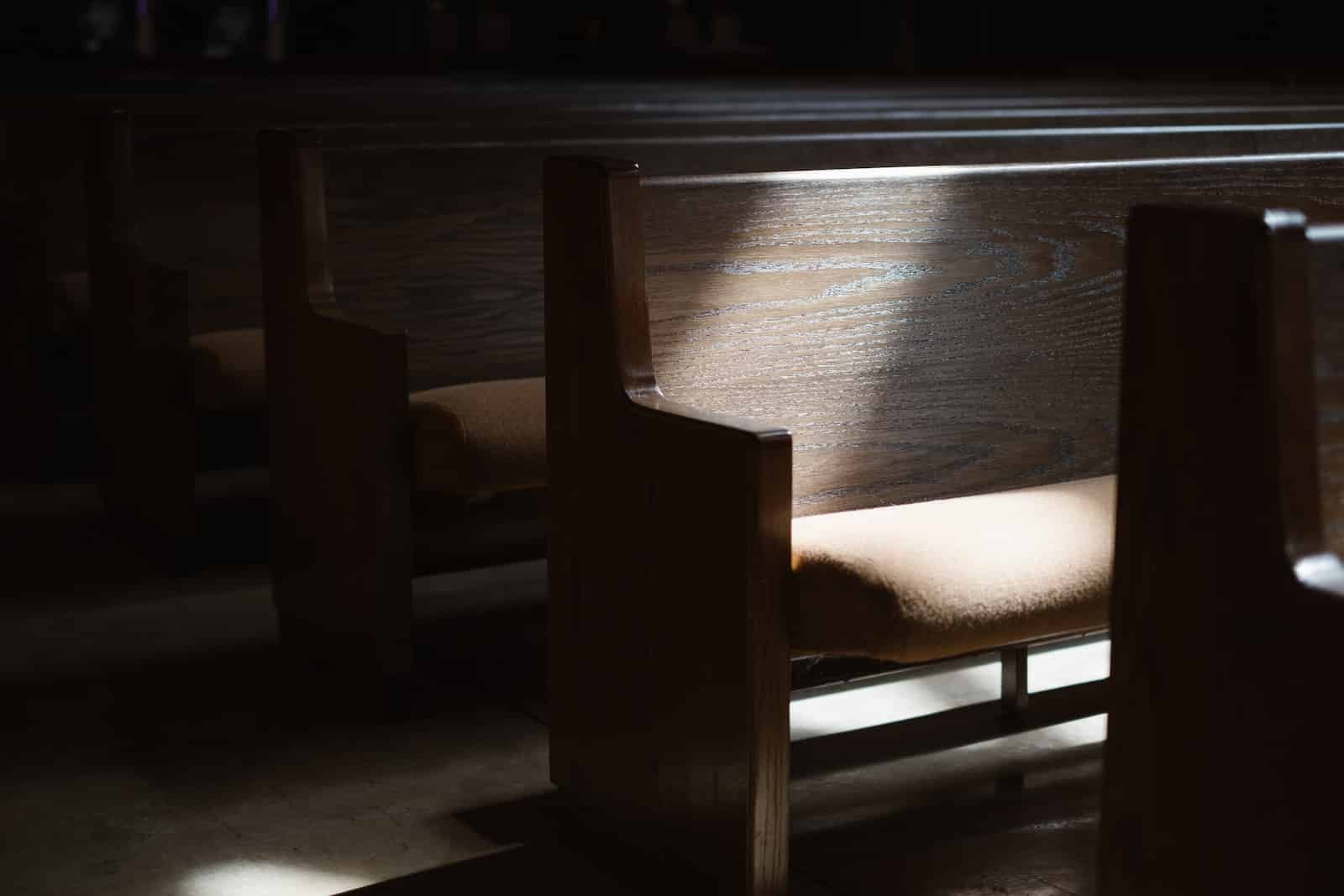The things we take for granted are often our worst errors. Assuming the correctness of what is false can be disastrous.
An unquestioned assumption of modern evangelical worshipers seems to be this: Worship should be enjoyable in its entirety. Worship should feel familiar, and not foreign. It should be easy to do, not demanding. It should set me at ease, not intimidate me.
The theological assumption behind this feel-goodism appears to be: God is a welcoming God, with no particular preference as to how we worship Him. He is happy with our worship if we are happy in our worship.
In order for this assumption to be true, we would need to see several supporting ideas in Scripture. Among them would be:
- Humans who encountered God directly or through a vision felt immediately at ease, at home, and relaxed.
- God never required any intermediaries between Himself and His worshipers. All could come as they were and enter God’s presence directly and immediately.
- God was never prescriptive or detailed about where, when, or how He wanted to be worshiped, but left this up to the worshipers’ creativity and sincerity.
- No one was ever punished for a worship-offense, because sincerity always made up for errors in practice.
- God preferred worshipers to express themselves freely through a multitude of words—the more, the better.
- God liked His people to mimic those worship practices found among the pagans and adapt them for Jehovah-worship.
- Once a person was converted, no growth or maturity in worship was needed. A newborn believer had instant, perfect discernment as to who God is and what He deserves in worship.
As you can tell, these ideas are foreign, and indeed, refuted by Scripture. The Bible teaches the very opposite of each of these. If so, then it cannot be true that worship should feel good in its entirety, or that it should feel relaxed, casual, familiar, easy, and fun.
Does this mean worship should be the polar opposite of these? Should worship always be stiff, difficult, and arduous to be pleasing to God? This would be hard to square with the many psalms that speak of the gladness, shouts of joy, and pleasure that come from worshiping God.
Rather, we must understand that gladness, joy, and pleasure in worship embraces some discomfort. To love God is to love a holy, transcendent God, which means the very quality of our worship-love for Him will be unique. Such worship must include some caution (Eccl 5:2), and some reliance on a mediator to make us right and keep us safe (Heb 10:19). It should submit to God’s prescriptiveness in worship (John 4:24; Heb 12:28–29). It should put a premium on the words sung, prayed, or preached (Eccl 5:2; Matt 6:7), and give the lion’s share of worship to hearing what God has to say (Jas 1:19). It should strive for “otherness” in quality, not mimicking worldliness in tone or affection (Rom 12:1–2). It should yield to continual growth in recognizing God’s beauty and the best ways of expressing that (Phil 1:9–11; 4:8; Heb 5:14).
The joys on the other side of this humility are indeed “full.” But some Christians will never experience them because of their insistence that worship should be comfortable, easy, and popular. But what is this, except a kind of narcissism that insists that whatever I enjoy is necessarily true, good, and beautiful? Perhaps it is a laziness that disdains whatever is demanding. Perhaps it is just the arrogance of Cain: insisting that God accept whatever I desire to offer.
A God who is utterly unthreatening is not worthy of admiration and does not provoke fear for His justice or love for His mercy. To worship the God of Scripture is to worship a God who, like Aslan, is “not safe, but He is good.” The worship of an unsafe God includes at least some hesitation, some awkwardness, and some intimidation.
As Spurgeon said, approaching God is described as a throne, lest we presume, but it is a throne of grace, lest we fear too much. Approaching an unsafe God through the grace in Jesus Christ, we have trembling joy, sober celebration, grave gladness, humbled happiness, and reverent rejoicing.




